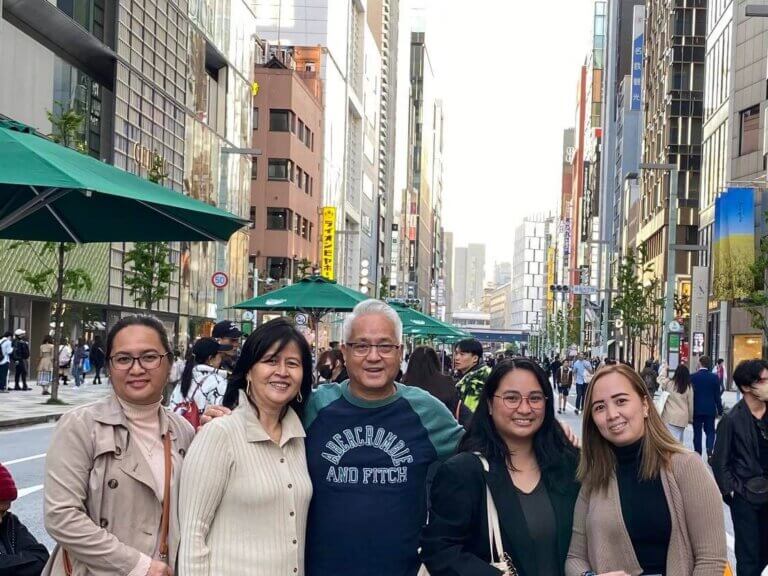I was recently given an opportunity to travel to Japan for a 5-day business trip. During that time, I was able to experience firsthand the Japanese culture that a lot of people are talking about, especially in the business world.
Business etiquette in Japan is influenced by social structure and culture and developing a way of behaving during social interactions. Understanding the business culture can help us a lot. Here are some important things to remember when conducting a business meeting in Japan:
Be on time

To Japanese people, it is important to be on time or even arrive 10 minutes early to your meeting as a sign of respect to your business partner. Arriving 10 minutes early may also be your time frame in case there are potential delays or unexpected problems before the meeting starts.
Business cards

It is a must to prepare a business card in advance as it will be handed over to your potential business partner before the meeting starts. Also, it is a must-know how to exchange business cards the Japanese way.
You should present the card by holding it with both hands, with your information facing the person you are giving the card to so it is easily readable. Pinch the corners of your card between your thumbs and your index fingers. Avoid handing cards with one hand or holding it between your index and middle finger. As you pass your card, chances are that the other person will do the same. It’s also polite to read the name on the card once you receive it.
Business attire

In Japan, they are mindful of their dress code as this may play a big role in making a good impression on their potential business partner. Most of them wear dress shirts and blazers, or smart suit jackets since they tend to look clean and professional.
Preparing the documents

Another thing I noticed is that Japan has a paper-based culture. They have a hard copy of any document, presentation, or brochure to hand over to the potential business partner attending the meeting.
Additionally, most Japanese professionals struggle to communicate in English. Although some know how to speak in English, they still prefer using Japanese language to avoid making mistakes. With this, some companies hire an English-speaking employee or an interpreter.
Bowing as a sign of respect

I noticed during the trip that Japanese people bow their heads to show respect when they meet someone, thank someone, or say goodbye. When this happens, it’s good to mimic the motion for about the same time to be polite.
There are a lot of business etiquette in Japan that are unique to their culture. Nevertheless, one benefit of being a foreigner is that most Japanese will not expect you to know all these rules of etiquette as they are very accommodating. The best rule to follow is to be as polite as possible.





